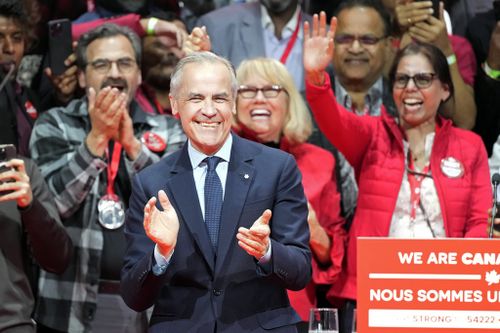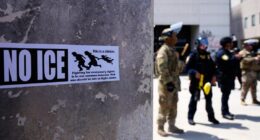Carney’s rival, populist Conservative Party leader Pierre Poilievre, was voted out of his seat in Parliament, the Canadian Broadcasting Corporation projected on Tuesday.
The loss of his seat representing his Ottawa district in Monday’s election capped a swift decline in fortunes for the firebrand Poilievre, who a few months ago appeared to be a shoo-in to become Canada’s next prime minister and shepherd the Conservatives back into power for the first time in a decade.

Foreign policy hasn’t dominated a Canadian election this much since 1988, when, ironically, free trade with the United States was the prevailing issue.
In addition to the trade war with the US and frosty relationship with Trump, Canada is dealing with a cost-of-living crisis. And more than 75 per cent of its exports go to the US, so Trump’s tariffs threat and his desire to get North American automakers to move Canada’s production south could severely damage the Canadian economy.
While campaigning, Carney vowed that every dollar the government collects from counter-tariffs on US goods will go toward Canadian workers who are adversely affected by the trade war.
He also said he plans to keep dental care in place, offer a middle-class tax cut, return immigration to sustainable levels and increase funding to Canada’s public broadcaster, the Canadian Broadcasting Corporation.









